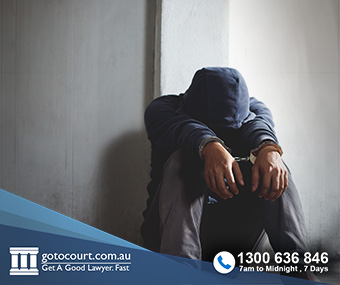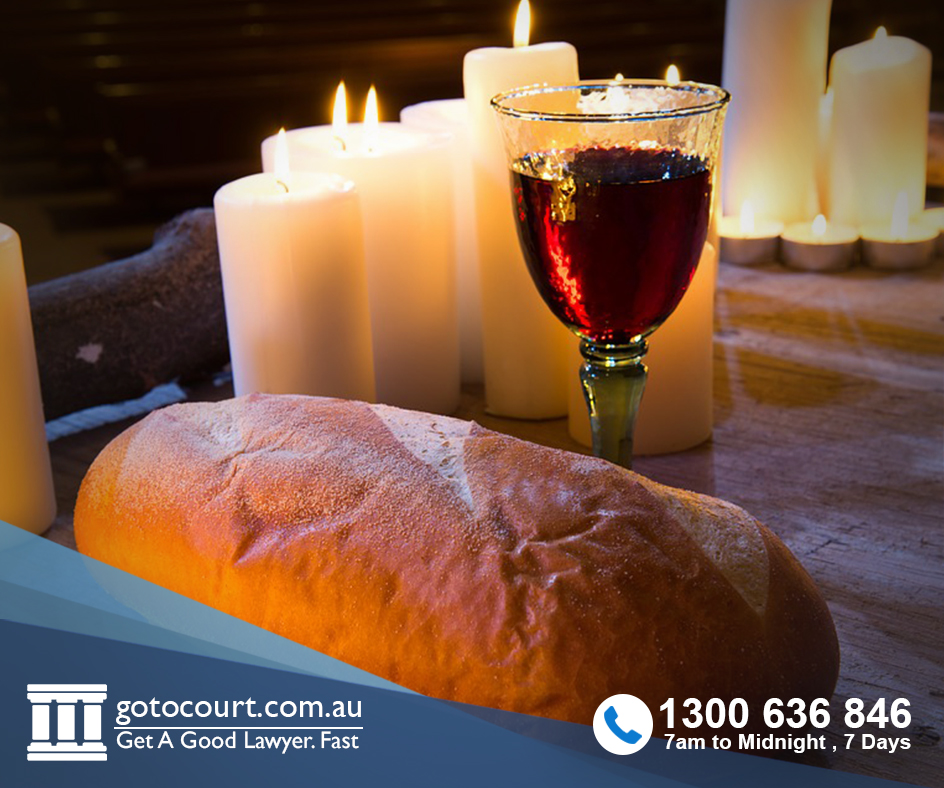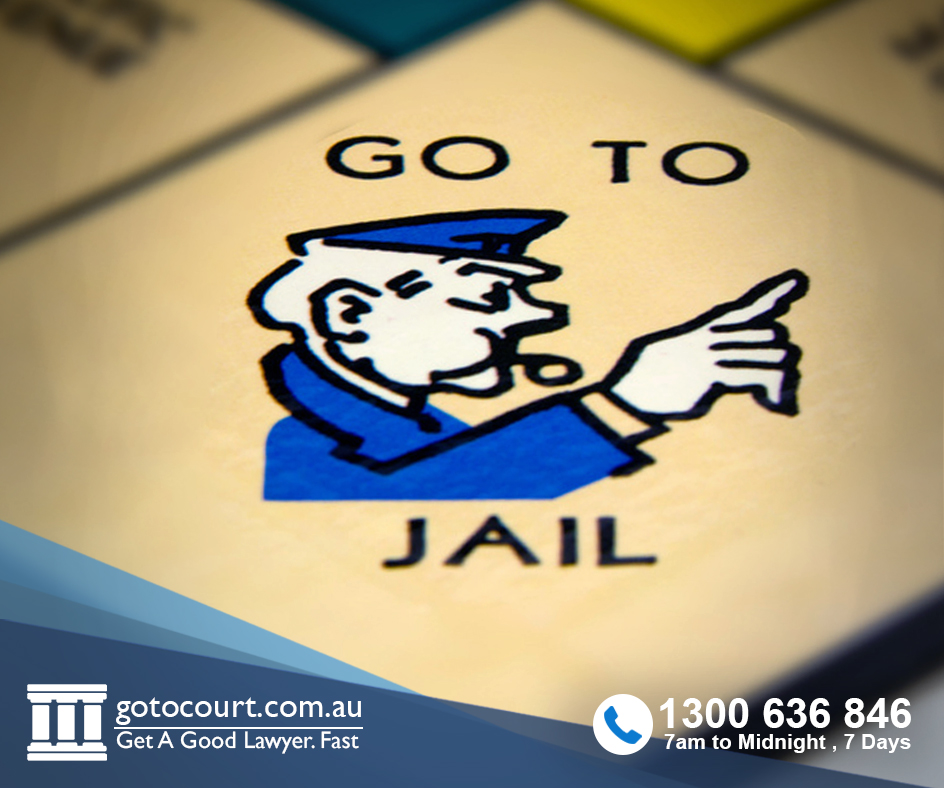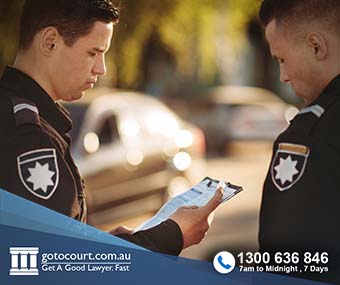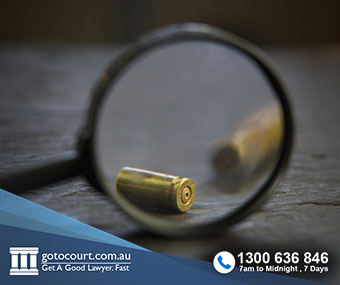Common Assault in New South Wales (NSW)
Common Assault in New South Wales (NSW)
In New South Wales, there are a range of assault offences including common assault, assault occasioning actual bodily harm, assault on police officers and assault with intent to commit a serious indictable offence. This page deals with common assault in New South Wales.
Legislation governing common assault in NSW
Common assault is an offence under section 61 of the Crimes Act 1900. It carries a maximum penalty of two years imprisonment.
What is common assault?
A common assault is an assault that does not cause bodily harm to the victim. It does not require physical contact to be made between the offender and the victim. It may consist merely of causing the victim to apprehend immediate physical contact.
A person is guilty of common assault if they intentionally or recklessly:
- Touch another person without the other person’s consent and without a lawful excuse; or
- Cause another person to apprehend the immediately application of force without the person’s consent and without a lawful excuse.
A common assault may consist of a push, a punch or a slap. It may also consist of an act that does not involve physical contact, like raising a fist to another person’s face or throwing an object in a person’s direction and causing them to think that physical contact would be made.
Penalty for common assault in New South Wales
While the maximum penalty for common assault is two years imprisonment, courts may impose a no-custodial sentence if appropriate. This may be a fine, a good behaviour bond or a community-based order.
Jurisdiction
Common assault offences are finalized in the summary jurisdiction. This is the Local Court for adults and the Children’s Court for juveniles.
Defences to common assault in NSW
A person who is charged with a common assault in New South Wales may have a legal defence available. Some of these are summarized below.
Self-defence to common assault
A person is not guilty of common assault if they acted in self-defence or in defence of another person or of property. A person may be found to have acted in self-defence if they reasonably believed that their actions were necessary in self-defence. For this defence to succeed, however, the accused’s action must have been reasonably proportionate to the threat they believed they were facing.
Lawful correction defence
Under section 61AA of the Crimes Act 1900, a person has a defence to an assault charge if the assault was alleged to have been committed on a child if they were punishing the child for misbehaviour and:
- They were the child’s parent or were acting for a parent;
- The force used was reasonable having regard to the age, health, maturity and other characteristics of the child and the nature of the misbehaviour.
The defence of duress
Under section 418 of the Crimes Act 1900, a person is not guilty of a common assault if they acted under duress. Duress exists when a person is subjected to serious threats if they do not comply with another person’s demands. If the act was carried out purely because the accused was under duress and the threat was serious enough that an ordinary person would have yielded to in under similar circumstances, a full defence is available.
The defence of immature age
A person who is under the age of criminal liability, which is ten, cannot be found guilty of an offence. A person who is under 14 can be found guilty of an offence only if the prosecution can prove that they were mature enough to understand the nature of the conduct.
If you require legal advice or representation in any legal matter, please contact Go To Court Lawyers.

Affordable Lawyers
Our Go To Court Lawyers will assist you in all areas of law. We specialise in providing legal advice urgently – at the time when you need it most. If you need a lawyer right now, today, we can help you – no matter where you are in Australia.How It Works




1. You speak directly to a lawyer
When you call the Go To Court Legal Hotline, you will be connected directly to a lawyer, every time.

2. Get your legal situation assessed
We determine the best way forward in your legal matter, free of charge. If you want to go ahead and book a face-to-face appointment, we will connect you with a specialist in your local area.

3. We arrange everything as needed
If you want to go ahead and book a fact-to-face appointment, we will connect you with a specialist in your local area no matter where you are and even at very short notice.


